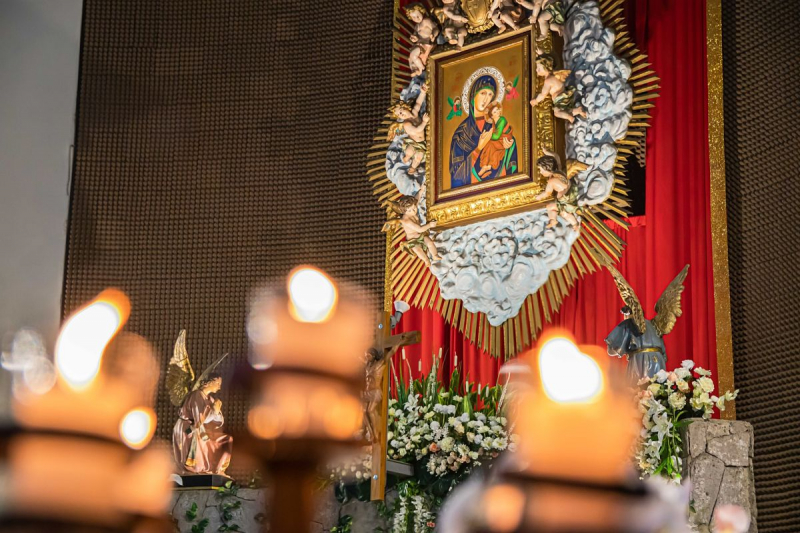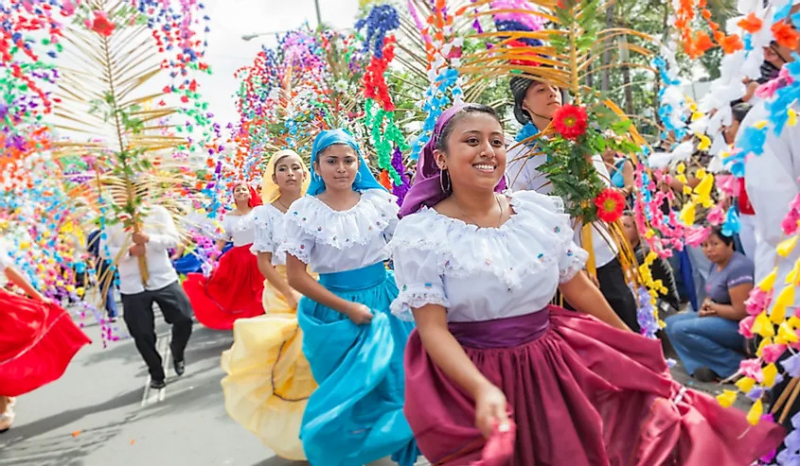Religion
El Salvador, as a Hispanic country, has always had a strong Roman Catholic identity. In the late 1980s, the majority of Salvadorans were at least nominal Roman Catholics, and church rituals pervaded the nation's culture and society. Church attendance remained important, especially for women, church sacraments and ceremonies such as baptism and confirmation were observed, and fiestas were held to honor patron saints of villages, towns, and cities. Nonetheless, El Salvador was more secular than its Central American neighbors. Birth control programs were implemented in the late 1960s with less opposition than in other parts of Latin America.
Marriage--in a religious or civil ceremony--was not as prevalent in El Salvador as in many other Latin American countries (this situation also reflected the strain exerted on social institutions by persistent poverty); many Salvadoran couples, especially in rural areas, lived together in common-law or free unions, many families were headed by women, and many children were born out of wedlock. Lastly, the ritual kinship practice of compadrazgo (selecting godparents for children) was becoming less widespread and less important in El Salvador.
Although the Roman Catholic Church, as represented by its hierarchy, was conservative in doctrine, a strain of reformist Catholicism known as "social Christianity" emerged in El Salvador, as well as elsewhere in Latin America, in the 1930s in response to the hardships, uprisings, and repressions of the time. Social Christianity, which remained popular until the early 1960s, emphasized the responsibility of lay people to address social ills without waiting for the religious hierarchy, represented by its priests, to act. Although this movement did not advocate for fundamental changes in the country's social and political structures, it did advocate for improvements by working within the existing political order.









